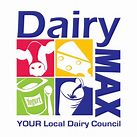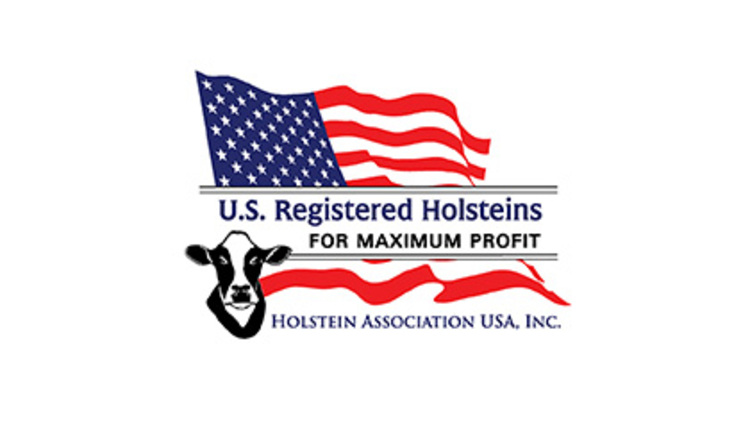The information below has been supplied by dairy marketers and other industry organizations. It has not been edited, verified or endorsed by Hoard’s Dairyman.

The way Dairy MAX connects with influential stakeholders to share the dairy story looks different in 2020. Social distancing measures and travel limitations have prevented traditional events and outreach like farm tours, university visits and conferences.
A program that has pivoted to continue reaching health and wellness professionals is the screening of the film “Farmland” for dietetic students and practicing dietitians. In fact, the program has even been elaborated upon to connect with even more health and wellness professionals by going completely virtual.
For the last three years, Dairy MAX has hosted in-person screenings of “Farmland” in select cities and universities across the region in partnership with Bayer U.S. Crop Science and Neva Cochran, registered dietitian, communications consultant and member of Bayer’s Leaders Engaged in Advancing the Dialogue (LEAD) program. The film, which follows six young farmers in various sectors of agriculture, gives the dietetic students perspective and insight about how the nutrition they are studying gets to the table. The screening is then followed up by a panel discussion.
The program went virtual with a screening on October 26 for Texas dietetic students and November 5 for Oklahoma, Louisiana and New Mexico students. 260 students were reached virtually, surpassing the number who usually attend in-person screenings.
“We were able to have more of an impact and educate more future dietitians all from being at home, along with the help of some really clever technology,” said Katie McKee, Director of Health and Wellness at Dairy MAX.
The virtual screenings included the “Farmland” film, Utter Truth short films and a panel discussion with Neva Cochran moderating the program. All aspects of the virtual screening helped students and participants understand how dairy feeds and protects the world by feeding people, nourishing communities, caring for animals and caring for the planet.
“Farmland” gave students a look into what modern agriculture looks like and helps them understand the people growing and producing their food are hardworking individuals and families, versus some of the common misconceptions.
“The film really speaks to the message that the people who prepare your food and grow your food really care about food and this is a job they choose to have,” said McKee. “They love their animals and they love farming.”
The dairy story is specifically highlighted during the myth busting Utter Truth short films. Students learn the truth about antibiotic usage, cow care and dairy farm life.
“The videos help us bust some of the common myths that we not only hear from consumers, but health professionals as well,” said McKee. “Health professionals are very concerned there might be antibiotics in milk. Plus, since they haven’t been to a farm, they are concerned about how a cow on a dairy farm is treated.”
During the panel discussion, students were able to have science-based dialogue with a diverse group of thought leaders about agriculture, sustainability and nutrition. The panel speakers differed between the two screenings, but a farmer or rancher, a dairy nutritionist, nutrition communications experts, and agricultural communications experts were included.
“We always bring in a dairy nutritionist to speak to the role of nutrition and cow care on the farm,” said McKee. “It is always a really great moment for students because they realize how much they actually have in common with the dairy nutritionists. They also start to understand the goals of a dairy cow’s diet and how farmers are providing all the nutrients a dairy cow needs to be healthy.”
Additionally, McKee mentioned the panel often reveals to the students and participants how dairy cows are part of creating a sustainable food system when it comes to helping reduce food waste and greenhouse gas emissions.
“Our first goal is for the students to have knowledge and not fear,” said McKee. “We want them to learn about the farming system. Learn more about how food gets to their plate and be able to educate others on that. We would also love for them to share the story of dairy, and go out there and engage with folks when they do have questions about dairy or farming.”
It is now more important than ever for the dairy industry to share the dairy story and connect with health and wellness professionals. With an increase of people being at home researching where their food comes from due to COVID-19, the goodness of the dairy story needs to continue to be shared.
While things look different in 2020, dairy’s story of sustainability and goodness has remained the same. By pivoting to virtual events and outreach, Dairy MAX is ensuring dairy’s sustainable nutrition story continues to be shared.


